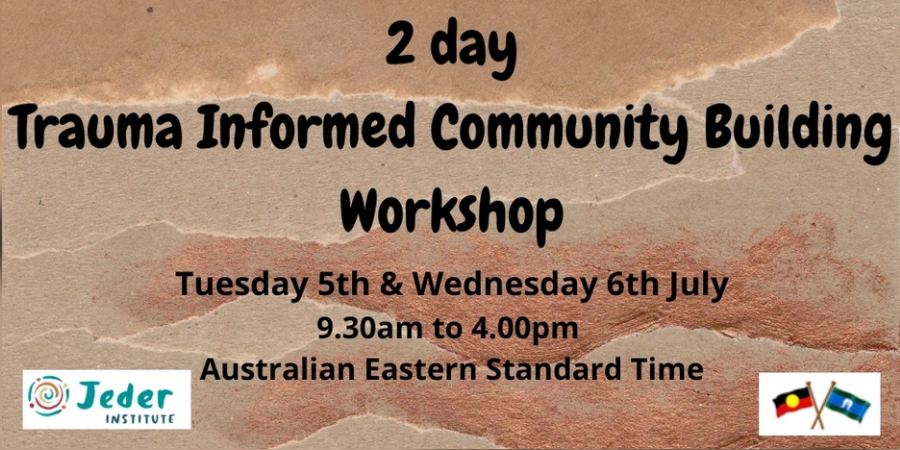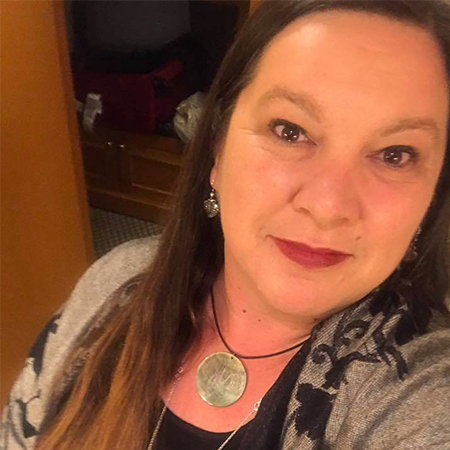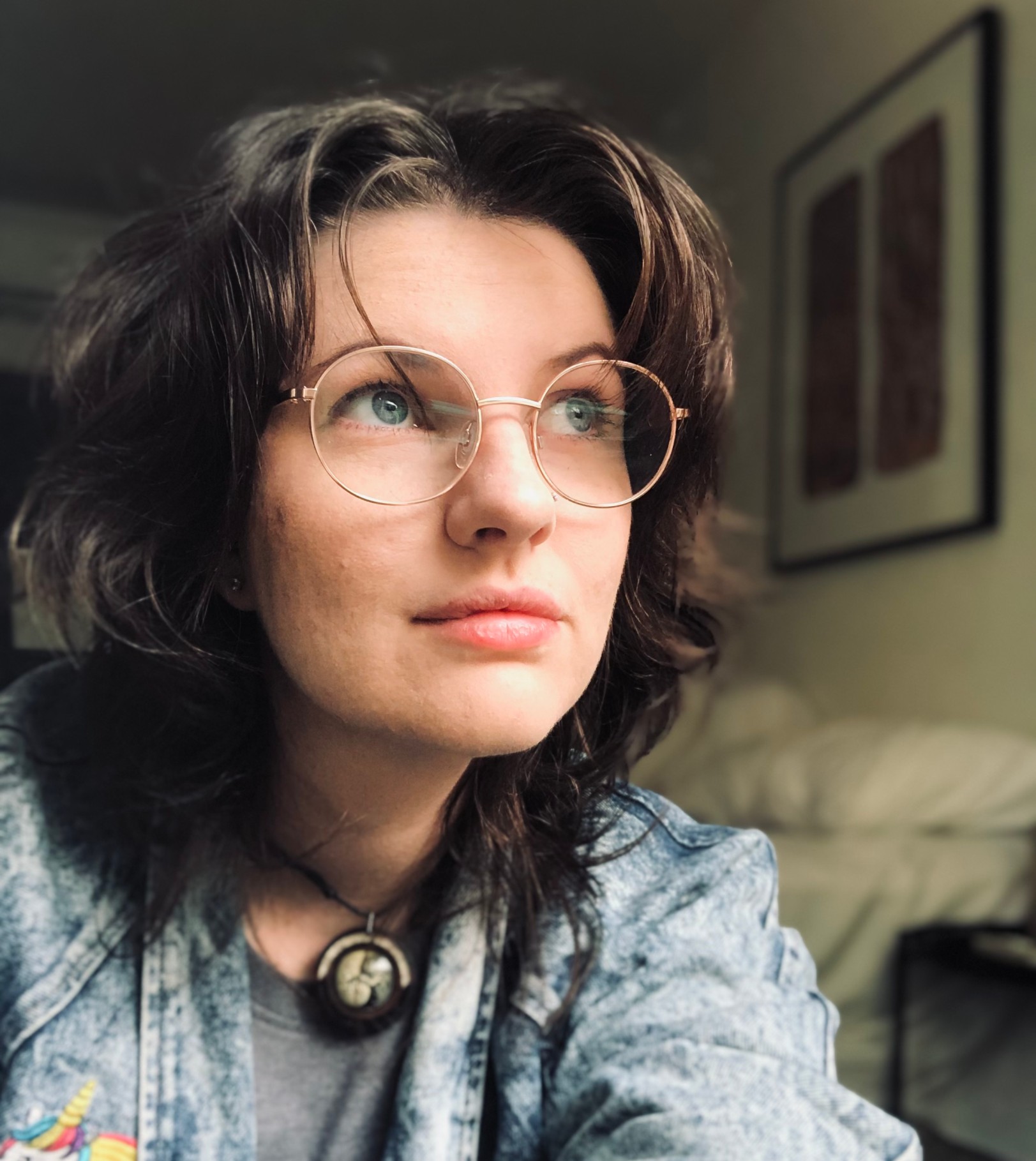
Trauma Informed Community Building Workshop
Event description
Trauma is common within society at large and is particularly prevalent amongst vulnerable populations, First Nations peoples and people with Lived Experience of disability and/or mental health challenges.
Trauma informed practice is a strengths-based framework that supports responsiveness to the impact of trauma, enabling physical, psychological, and emotional safety for both providers and survivors.
As community workers, we need to become more aware of trauma informed practice so that we can help and not harm the communities we work with.
Learn more about what it means to be trauma informed and about trauma informed community development practice.
Trauma Informed Community Building principles and strategies guide community building activities and broader community development decisions and processes.
During this workshop you will learn:
- What it means to be trauma informed
- Conditions of Community Trauma
- How to apply Trauma Informed Community Building practices and strategies to your work
- Trauma Informed Community Building Outcomes
- Common misunderstandings
- Lessons Learned and outgoing challenges
Who is this for?
Community development practitioners, NDIS workers, academics, youth workers, disaster recovery, local government, school chaplains, community workers; anyone working in community
About your facilitators:
Through her down-to-earth style, Dee Brooks from Jeder Institute brings people together in dynamic ways to realise and engage the full potential of their networks and communities. Over 20 years, her work has inspired people at hundreds of events and workshops worldwide where she offers community engagement and development training and also provides professional co-design, facilitation and keynote addresses for conferences, forums and events.
Michelle Dunscombe is based on Taungurung land in rural Victoria, Australia and is an enthusiastic community development practitioner, facilitator and trainer. She is passionate about strengthening regional and rural communities particularly Aboriginal and Torres Strait Islander communities, to discover possibilities, develop community leadership capacity, build community resilience and support community led projects.
Michaela Kennedy’s extensive experience in the disability sector and passion for all people to be valued citizens makes her a committed and highly regarded director of the Jeder team. She is dedicated to sharing her experiences (professionally and personally), supporting people to lead inclusive self-directed lives and to developing partnerships and collaborative opportunities. Michaela has worked at all levels within organisations, leading the cultural change processes to embed personalisation and community inclusion.
Mitch Gainey has worked extensively in with young people, refugees, and others from high trauma backgrounds in Australia, UK, India, South Africa, Mozambique, and Brazil. With qualifications in community development and counselling, he is passionate about professionals and the broader community gaining access to skills that can sustain them in “the work” and provide effective, lasting, and safe resolution from primary and vicarious trauma. Mitch has trained under Dr Peta Stapleton and Dr Lori Leyden, and has been involved in the MindHeart Connect Foundation pilot programs with Indigenous Elders and Refugee Youth.
Beth Stockton is passionate about social justice, community led change and enabling collaborations from talk to action. As a specialist in impact measurement, she works with organisations and community initiatives to measure and use data to embed a culture of curiosity, learning and improvement across their work. To ensure outstanding results for communities, Beth dedicates energy and time to understand the communities she supports.
Steph Bitter is an enthusiastic young woman, passionate about human rights and empowering individuals to express themselves. She is an advocate for social justice issues and enjoys helping people learn more about themselves, discovering what options they might have for a better future.


